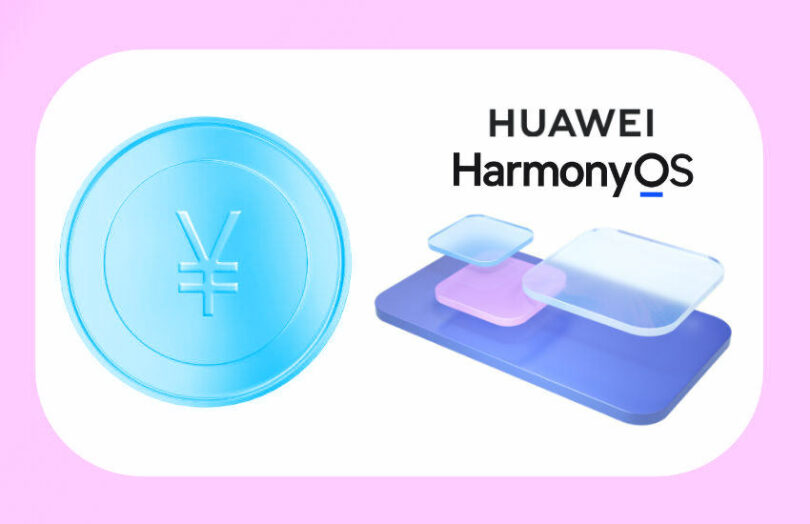After the U.S. government blocked Google from working with Chinese technology firm Huawei, it developed its own operating system, Harmony OS, which drops compatibility with Google’s Android. It previously announced plans to integrate with the digital yuan, but now it has done it, incorporating the central bank digital currency (CBDC) at the system level.
Hence, if someone develops an app with a payment function, much like there would be a card payment component, there can be digital RMB component. This allows users to directly pay with the CBDC from within the app, without using the digital RMB app.
“Technical staff can simply adapt it to meet the needs of different apps to use digital RMB payments,” a developer told reporters, according to the Xinhua state news agency.
Future enhancements include jointly developing financial middleware to support interoperability with other financial applications. There are also plans to work on risk prevention and security detection, to “improve the central bank’s penetrating supervision capabilities of the digital RMB on the premise of protecting user privacy and security.”
On the one hand, the digital RMB is money, so there is a need for very strong protections to prevent double spending. At the same time, all CBDCs – but especially China’s – suffer from ‘Big Brother’ concerns of a government monitoring consumer activities. The Chinese government already has plenty of capability to do that, so it’s not clear whether this will expand that capacity.
However, the very idea of any government agency collaborating on the development of a mobile operating system is disturbing from a privacy perspective.
Apart from embedding the digital RMB into the OS, there are also plans to embed it into chips, and internet of things devices, although Harmony OS also plans to support the latter.
Other digital RMB integrations
Meanwhile, earlier this week the IATA, the global trade association that services more than 330 airlines, announced plans to integrate the digital RMB into its settlement system. The payments relate to travel agents passing on funds to the airlines.






